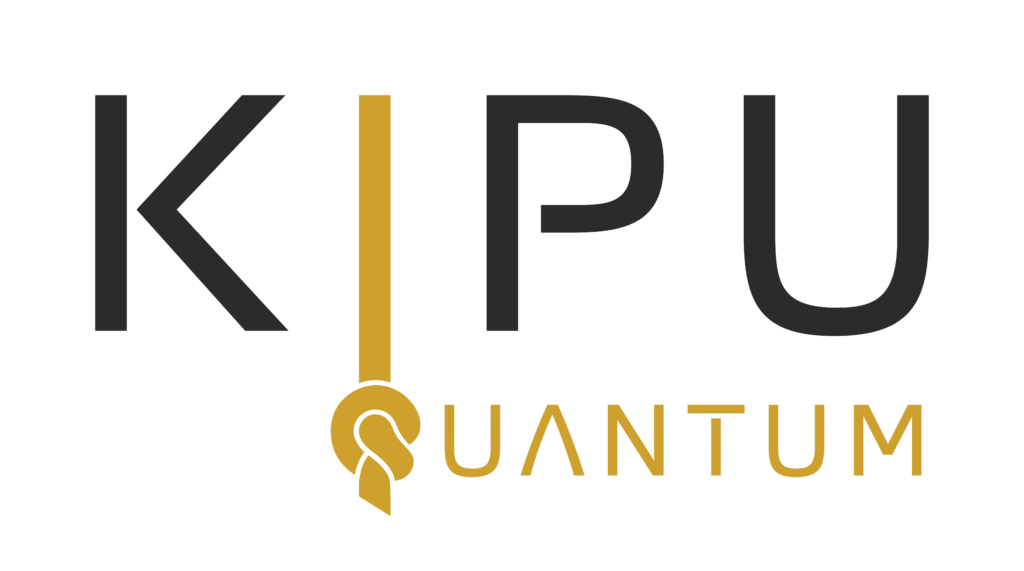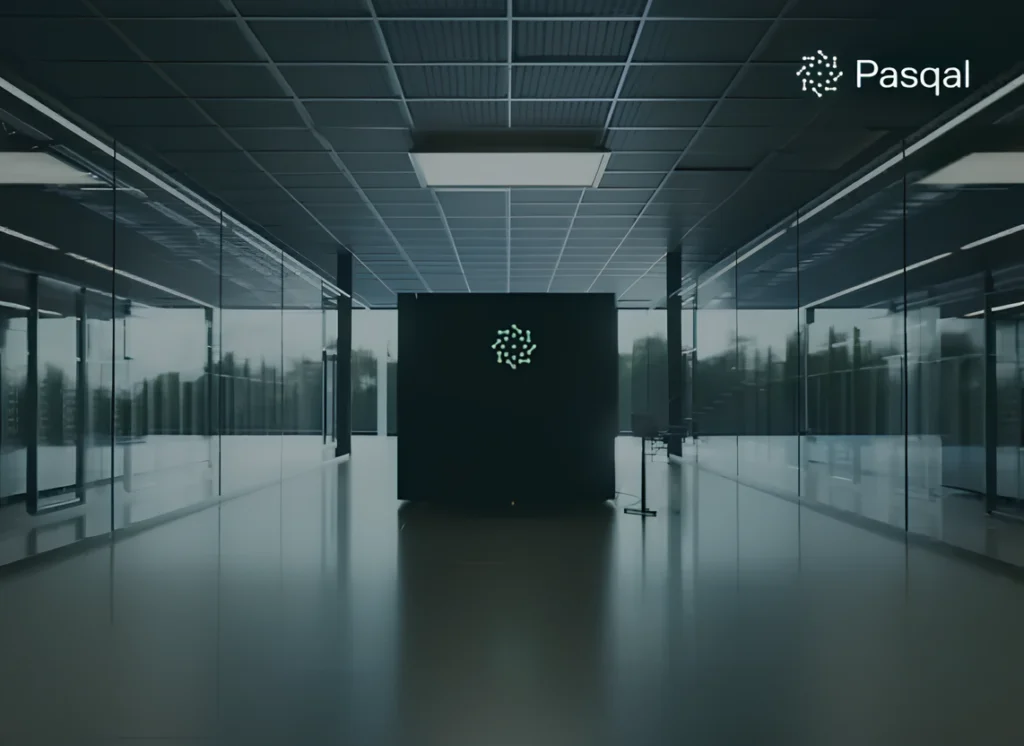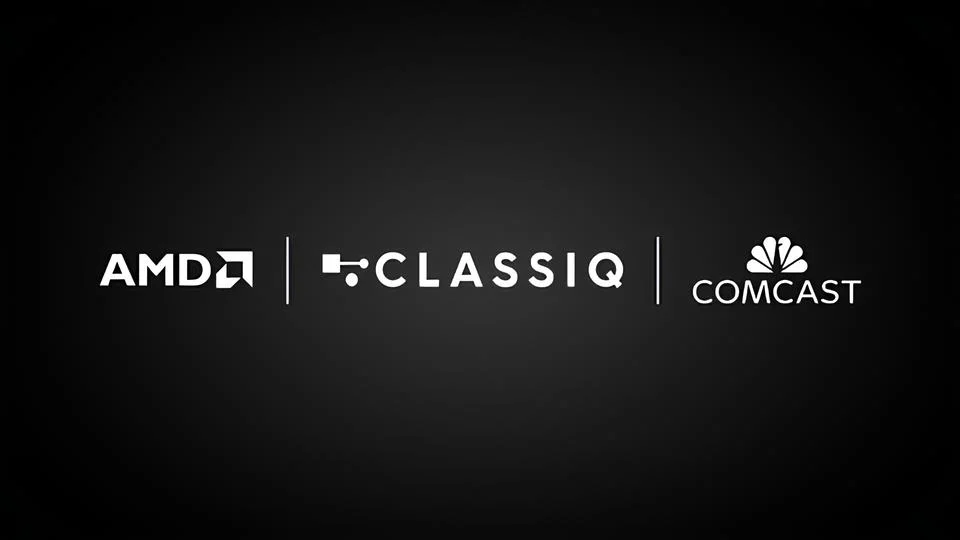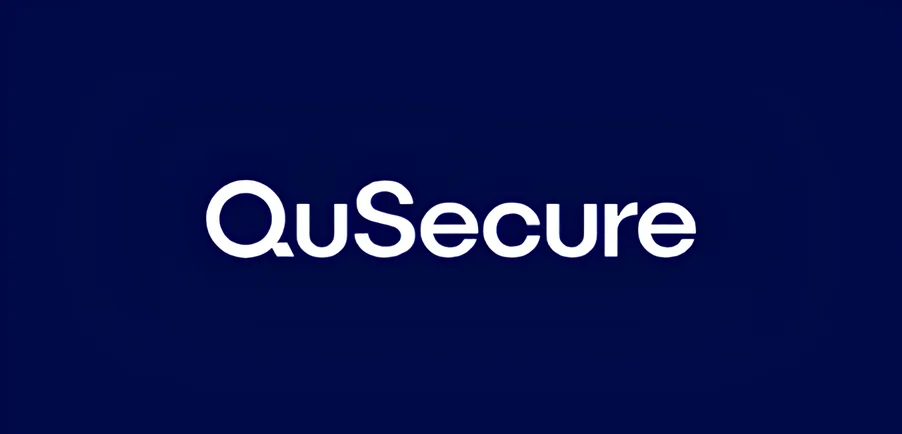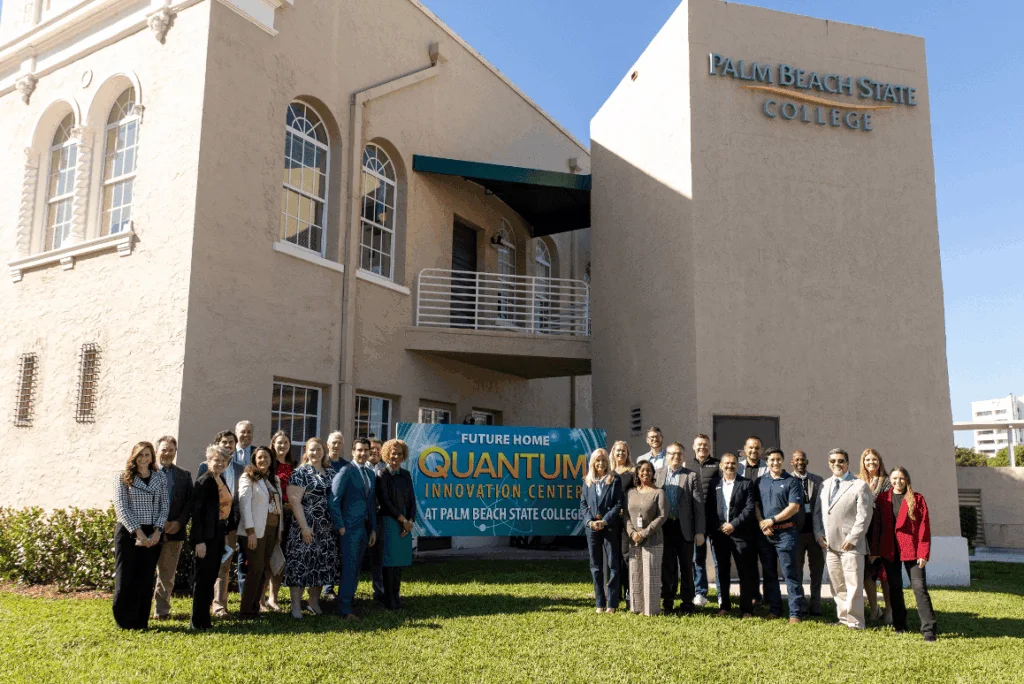Insider Brief
- ParityQC and the University of Hamburg have launched the QuADro project, aiming to develop quantum algorithms and a framework for personalized drug development and drug repurposing in bioinformatics.
- By leveraging quantum computing, the project seeks to overcome computational challenges in analyzing complex disease mechanisms and improve treatments for conditions like cancer and Alzheimer’s.
- The collaboration combines ParityQC’s expertise in scalable quantum algorithms with the University of Hamburg’s bioinformatics specialization, targeting pharmaceutical market applications by 2027.
PRESS RELEASE — ParityQC and the University of Hamburg are joining forces for the ambitious new project QuADro, with the goal of applying quantum computing to the field of bioinformatics. The teams aim to develop novel algorithms and a development framework to use quantum computers for personalized drug development and drug repurposing.
Quantum computing has an enormous potential to revolutionize the field of bioinformatics. Using the principles of quantum mechanics, it could be possible to overcome complex computational challenges that cannot be tackled by current supercomputers, leading to completely new drug development methods. ParityQC and the research group of Prof. Dr. Jan Baumbach at the University of Hamburg have now received funding from the Investitions- und Förderbank Hamburg (IFBHH) to jointly work on an ambitious new project that applies quantum computing to the biomedical field. The aim of the project, called QuADro (Quantum Algorithms for Drug Repurposing), is to develop algorithms and a new quantum computing framework to solve problems in computational medical biology, and enable a personalized approach to drug development and drug repurposing. The project will run from January 2025 to June 2027.
The researchers from ParityQC and the University of Hamburg will use novel quantum methods to identify complex disease mechanisms and enable causal drug development. Effective treatment of complex diseases like cancer or Alzheimer’s requires an understanding of their underlying mechanisms—stemming from changes in metabolic pathways and subtle shifts in gene, protein, and metabolite interactions—for targeted pharmacological interventions, yet extracting these insights from vast and complex datasets remains a significant challenge. Current analysis methods are highly computationally intensive and often yield suboptimal results, presenting a promising opportunity for quantum computing to make a transformative impact.

Partners’ expertise
ParityQC and the research group led by Prof. Dr. Jan Baumbach will bring their respective expertise to the ambitious project. ParityQC is a quantum architecture company that collaborates with quantum hardware developers to jointly build highly scalable quantum computers. The team of ParityQC has an extensive experience in developing hardware-specific quantum algorithms based on the patented ParityQC Architecture, and recently achieved the most efficient implementation worldwide of some core quantum algorithms, including the Quantum Fourier Transform. Prof. Dr. Jan Baumbach (University of Hamburg, Institute for Computational Systems Biology, Informatics) and his team are experts in the field of bioinformatics. Their focus is on the development of computational methods and algorithms for analyzing complex biological systems, especially in the context of understanding disease mechanisms, drug responses, and personalized medicine. The researchers will collaborate with ParityQC and provide their expertise, use cases and experimental data.
Project outcome
The outcome of the project will be novel, high-performing, hybrid (a combination of classical and quantum) algorithms, as well as a development framework for future quantum algorithms in biochemistry. The ultimate goal is to demonstrate the fundamental marketability of quantum computing applications for solving pharmaceutical problems, and to highlight the key areas that could benefit from quantum computing. At the completion of the project, the consortium will be ready to directly tap into the pharmaceutical market with the proposed quantum computing solutions.








